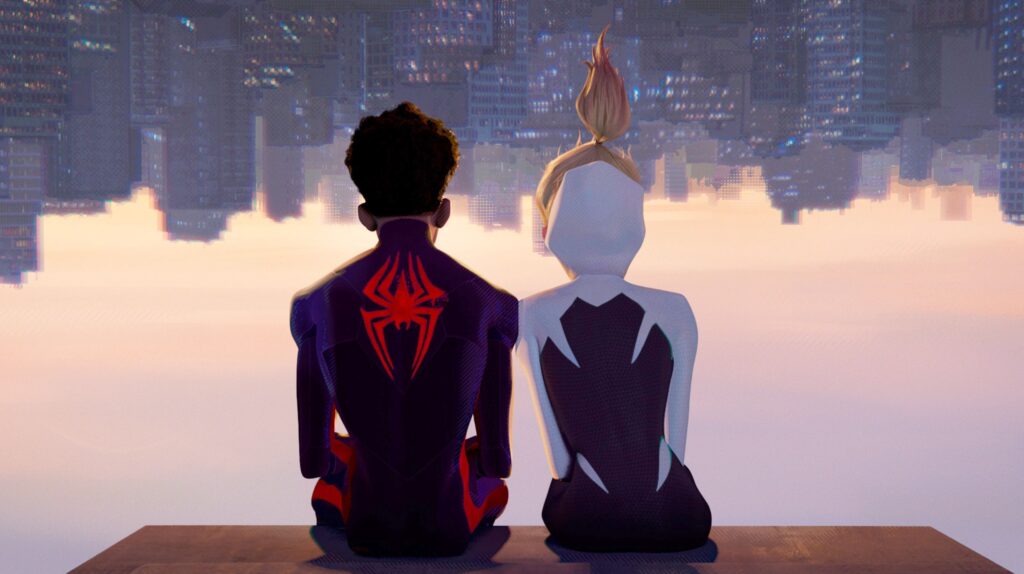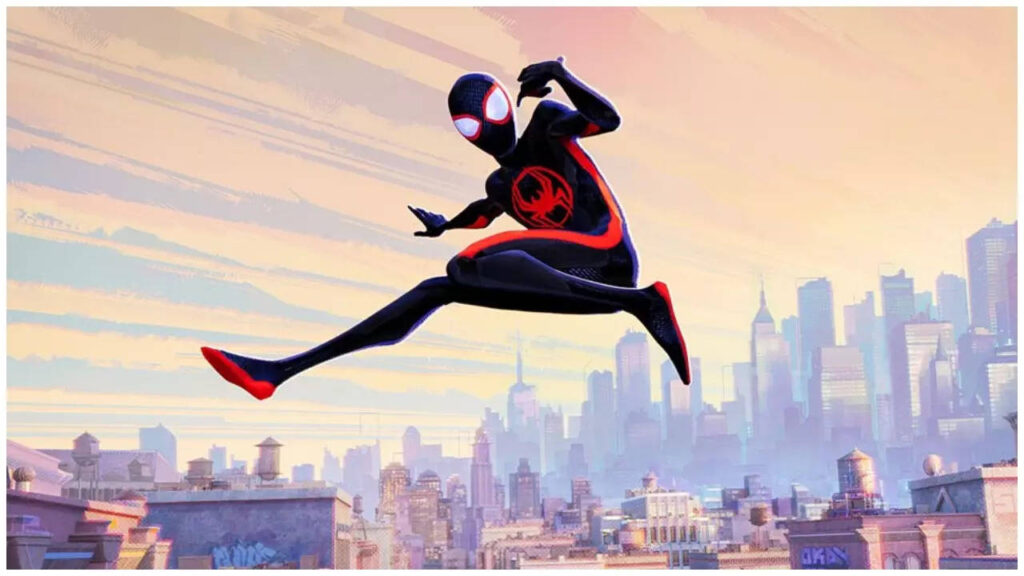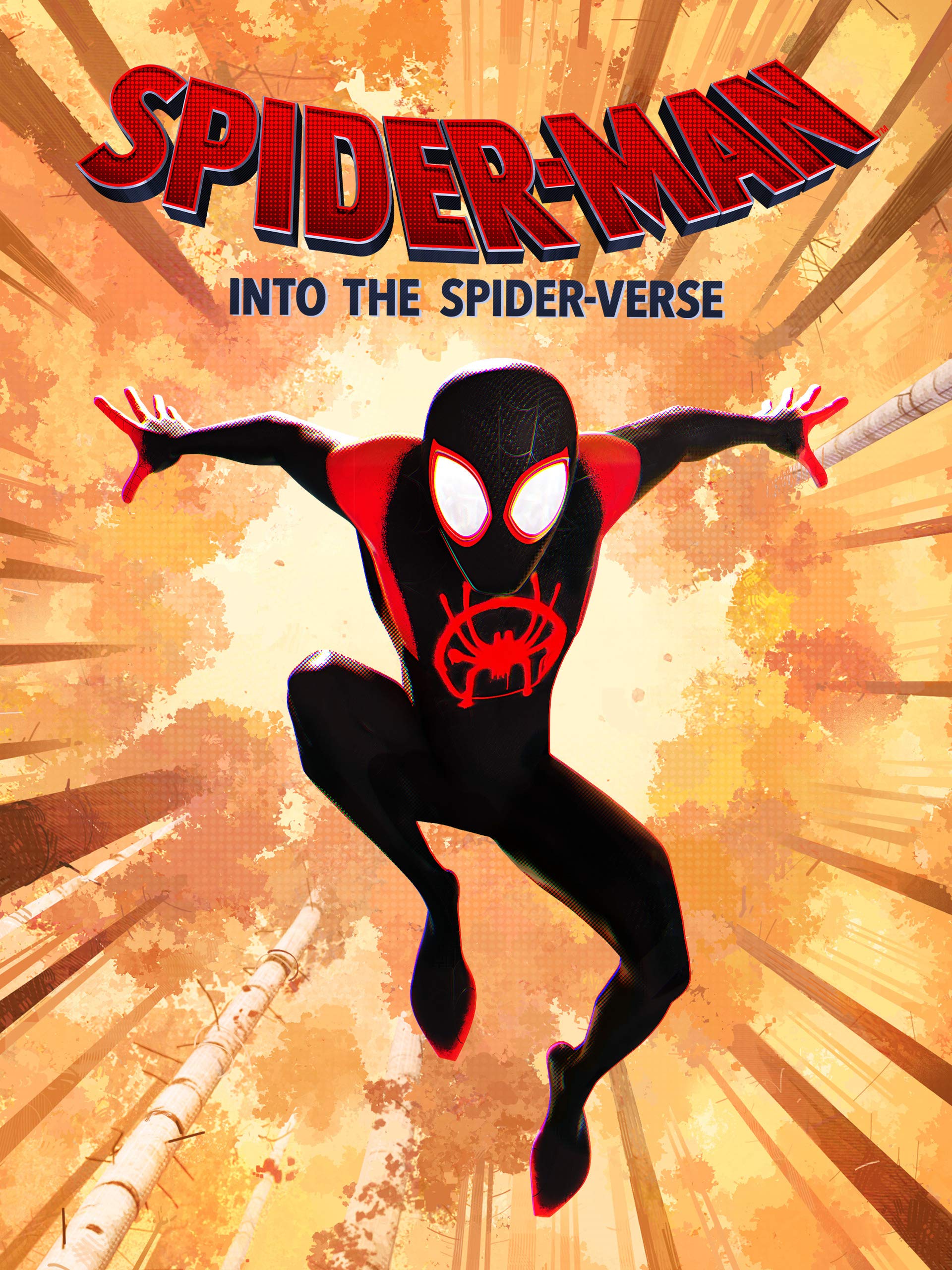
“Spider-Man: Across the Spider-Verse” Review: A Revolutionary Leap in the Superhero Genre
Director
Joaquim Dos Santos, Kemp Powers, Justin K. Thompson
Stars
Shameik Moore, Hailee Steinfeld, Brian Tyree Henry, Luna Lauren Vélez, Jake Johnson, Jason Schwartzman
Writer
Phil Lord, Christopher Miller, Dave Callaham
Producer
Phil Lord, Christopher Miller, Amy Pascal, Avi Arad, Christina Steinberg
Runtime
140 minutes
Deals
Release Date
June 2, 2023
“Spider-Man: Across the Spider-Verse” Review:
“Spider-Man: Across the Spider-Verse” is not just another Marvel movie—it’s a groundbreaking leap into the future of the superhero genre. With its visually stunning animation, captivating storytelling, and fresh approach, this film sets a new standard for what comic book adaptations can achieve.
A Multiverse of Creativity:
The film’s opening drum solo immediately grabs your attention, setting the tone for the unique experience that follows. The exposition seamlessly woven into the scene doesn’t feel like exposition at all. The shots are meticulously illustrated, accompanied by a soundtrack that draws you in. From the start, you’re invited to immerse yourself in this cinematic journey.
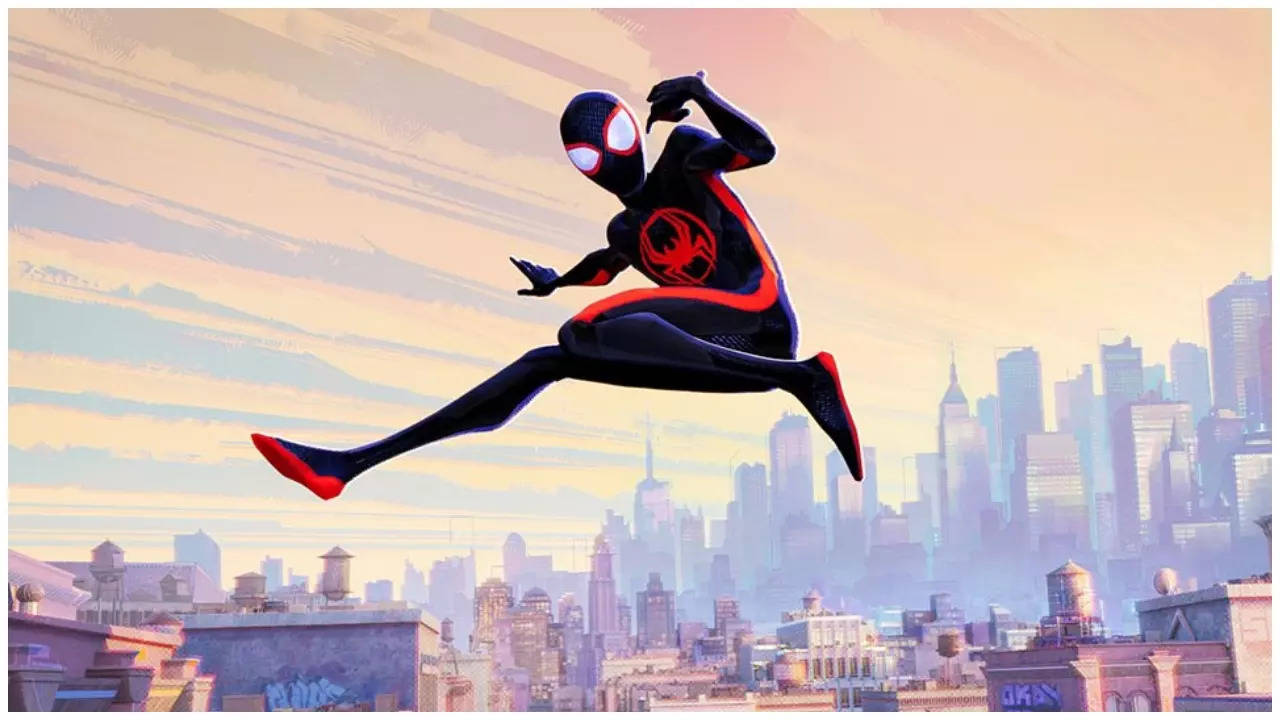
Fast-Paced Engagement:
Clocking in at two hours and 20 minutes, “Across the Spider-Verse” keeps you engrossed throughout. While longer than its predecessor, “Into the Spider-Verse,” the film’s pacing ensures that time flies by. Liberated from the constraints of the Marvel Cinematic Universe (MCU) continuity, the movie effortlessly balances humor and plot, making the transition from joke to serious narrative feel seamless.
Unburdened by Expectations:
Unlike live-action MCU films, “Across the Spider-Verse” doesn’t carry the same weight of narrative continuity. While acknowledging the broader MCU universe, it navigates its own path without the pressure of setting up future blockbusters. This artistic freedom allows the film to explore its own boundaries and experiment with storytelling in ways other Marvel movies can’t.
A Legacy of Diversity:
The decision to cast Miles Morales as the central Spider-Man character is a testament to the filmmakers’ understanding of representation. Miles, a half-Latino, half-Black teenager, brings a fresh perspective to the Spider-Verse. His journey through the vibrantly depicted boroughs of Brooklyn resonates emotionally and visually. “Into the Spider-Verse” was a love letter to New York City, and “Across the Spider-Verse” continues this tradition.
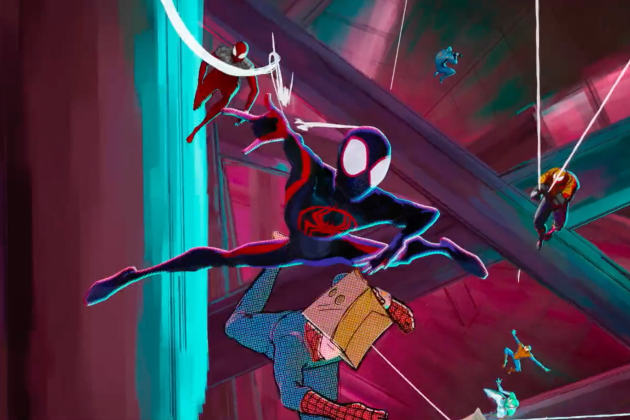
Visual Brilliance:
The film’s animation style is a work of art, showcasing a diverse range of visual aesthetics for each Spider-Person from different timelines. From the cyberpunk vibe of Miguel O’Hara’s Nueva York to the softer pastels of Spider-Gwen’s world, the animation captures the essence of comic book art. The result is a movie that feels like a living, breathing comic book, a collage of sketches brought to life.
Moral Resonance:
Embedded within the narrative is a powerful message: the idea that one’s identity and belonging can’t be defined by external judgments. As one of the Spider-People says to Miles Morales, just because someone claims you don’t belong doesn’t make it true. This theme carries the weight of self-empowerment and acceptance—a fitting reflection of the film’s revolutionary approach to the superhero genre.
A Paradigm Shift:
“Across the Spider-Verse” challenges the formulaic tendencies that have started to permeate the superhero genre. It stands as a testament to the genre’s evolution, embracing innovation and daring storytelling. As a result, it distinguishes itself not only from other MCU movies but also from the conventional superhero movie landscape.
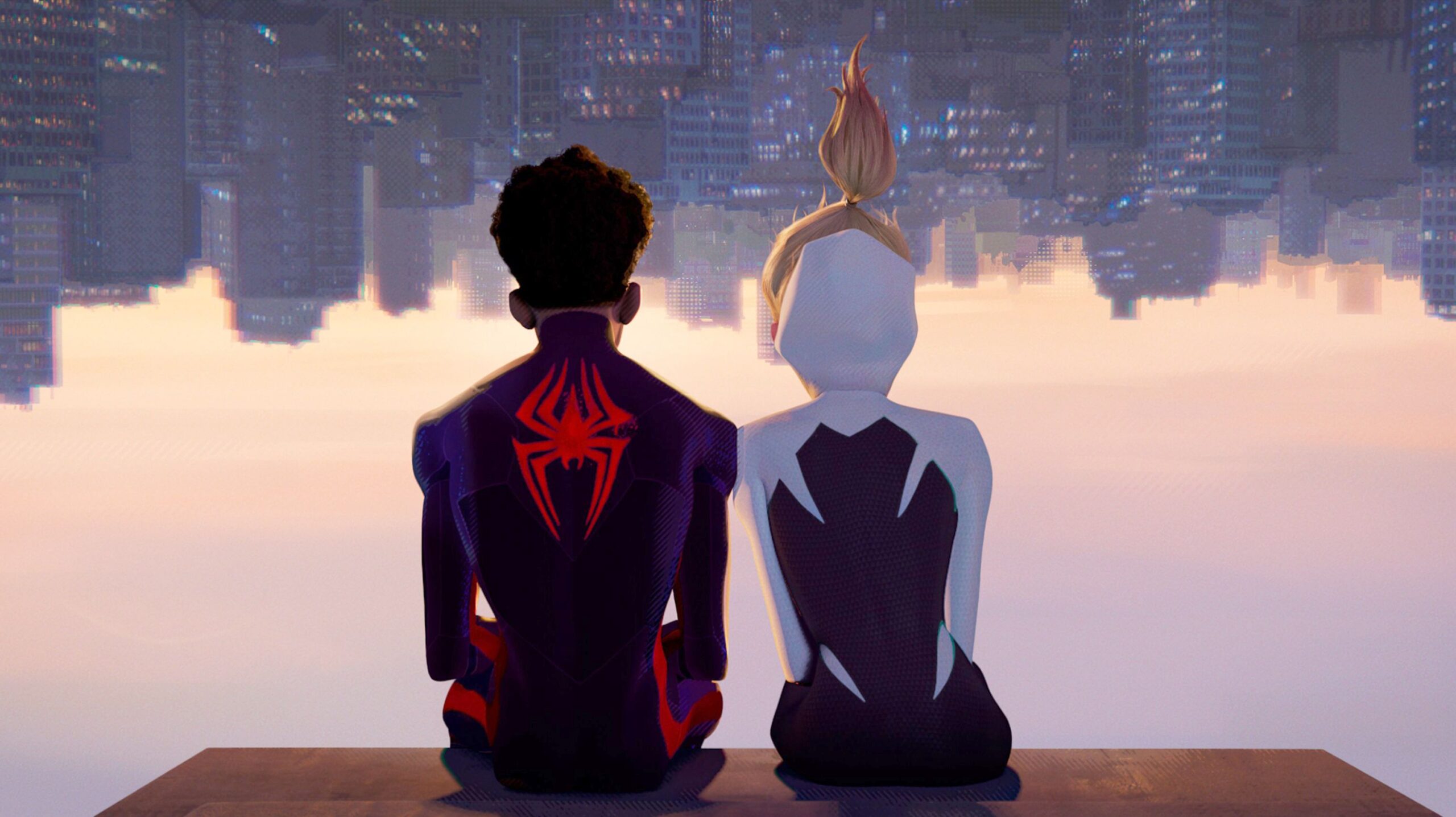
A Beautiful Triumph:
The film’s breathtaking visuals are worth a special mention. The attention to detail and the imaginative use of animation elevate “Across the Spider-Verse” to a level of artistic mastery. Every frame is a testament to the dedication and creativity of the filmmakers and animators, resulting in a visually captivating experience that’s hard to forget.
Conclusion:
“Spider-Man: Across the Spider-Verse” isn’t just a movie; it’s a transformative experience. It breaks free from the shackles of convention, redefines superhero storytelling, and captivates with its artistry. While it may not rake in the same box office numbers as traditional MCU films, it certainly leaves an indelible mark on the future of the genre. As the credits roll, you’ll realize you’ve witnessed the birth of a new era in comic book adaptations. Welcome to the next generation of superhero cinema.
To check out more such cinema content, Follow Cinemamade Reviews
Sorry, no post found.
Trivia
- The character Miles Morales made his first appearance in Marvel Comics in 2011, created by writer Brian Michael Bendis and artist Sara Pichelli. He became Spider-Man in the Ultimate Marvel universe after the death of that universe's Peter Parker.
Goofs
- In one scene, Miles Morales is shown wearing his regular clothes, but in the next shot, he's suddenly wearing his Spider-Man suit without any explanation or transition.


